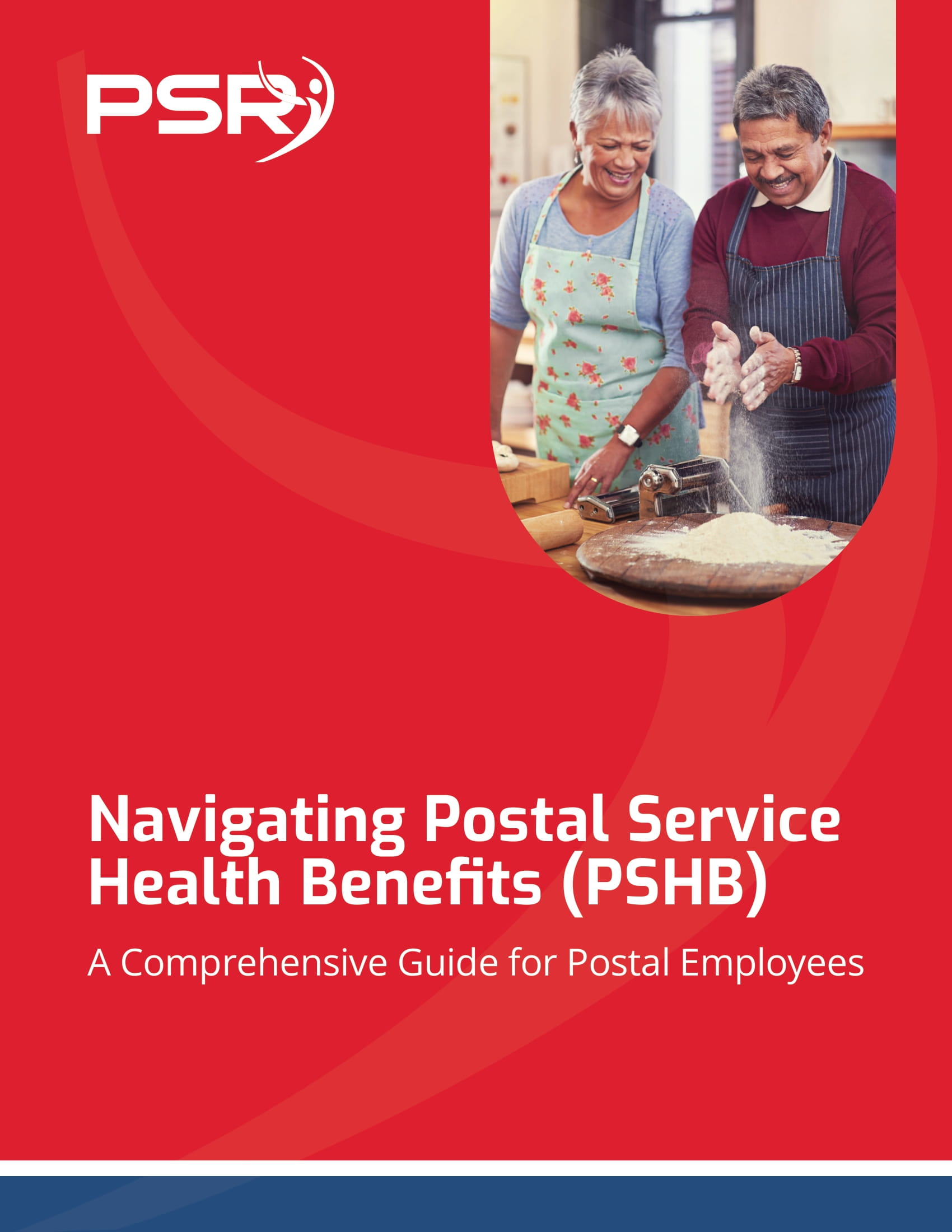Key Takeaways
- Civilian military employees can maximize their financial security and retirement benefits through strategic use of updated programs and policies.
- New opportunities in retirement planning and healthcare are reshaping how you can leverage your federal service to build a stable future.
Understanding Your Unique Position as a Civilian Military Employee
As a civilian military employee, you have the opportunity to blend the benefits of federal employment with the pride of supporting our nation’s defense. Your unique position means access to specialized benefits, retirement opportunities, and healthcare options that are constantly evolving. But staying informed about recent changes is crucial for making the most of them. Let’s break down how you can secure a more comfortable future.
Maximizing Retirement Benefits: What’s New?
Recent Enhancements to Retirement Plans
- Also Read: Dental Plans Under FEDVIP Are Offering Better Coverage Than Ever—Why Federal Employees Are Taking Notice
- Also Read: 5 Things You Need to Know About Survivor Benefits as a Federal Employee or Retiree
- Also Read: How FEGLI Premium Changes Are Forcing Federal Employees to Reevaluate Their Plans
Changes in federal policies have introduced new tools for civilian military employees under the Federal Employees Retirement System (FERS). Did you know that 98% of federal employees are now covered under FERS? This system is designed to provide you with a stable three-part retirement package:
- A basic annuity.
- Social Security benefits.
- Thrift Savings Plan (TSP) contributions.
The average FERS retiree collects $1,810 monthly from their annuity, but your potential retirement income can significantly increase with smart planning.
Military Buyback Program
One of the most valuable tools at your disposal is the military buyback program. If you previously served in the military, you can “buy back” those years to count toward your civilian retirement. This program boosts your pension and allows you to retire sooner. Considering retirement soon? Calculate how these extra years could make a difference.
Thrift Savings Plan (TSP): Your Wealth-Building Ally
Contribution Limits and Catch-Up Options
For 2024, the TSP contribution limit is $23,000, with an additional catch-up limit of $7,500 for those aged 50 and older. As someone who works for the government, you already know the value of steady contributions. What’s more, new provisions under the SECURE 2.0 Act will increase catch-up contributions for employees aged 60–63 starting in 2025. If you’re in this age bracket, this is a golden opportunity to supercharge your retirement savings.
The Power of Matching Contributions
One of the key advantages of the TSP is employer matching. Are you taking full advantage of this? If your agency matches up to 5%, ensure you’re contributing at least that much to maximize free money for your retirement.
Healthcare Benefits You Can Count On
Coordinating FEHB with Medicare
Healthcare is one of the biggest concerns for retirees, but as a civilian military employee, you have access to the Federal Employees Health Benefits (FEHB) program. When you become eligible for Medicare at age 65, you can coordinate it with FEHB to reduce out-of-pocket costs and ensure comprehensive coverage.
For 2025, FEHB premiums will rise by an average of 13.5%. While this increase might sound steep, pairing it with Medicare Part A and B can offset costs and improve coverage.
Long-Term Care Insurance
Have you considered long-term care insurance? Programs tailored for federal employees, such as FLTCIP, offer coverage for extended care needs like assisted living or in-home nursing. Evaluating your options early ensures you’re not caught off guard later.
Understanding Social Security’s Role
Social Security for Civilian Employees
Civilian military employees under FERS contribute 6.2% of their salary to Social Security, but did you know the earnings limit for 2024 is $168,600? Understanding how your Social Security benefits work alongside your federal pension is essential.
The Windfall Elimination Provision (WEP)
If you’re a Civil Service Retirement System (CSRS) employee, Social Security benefits may be reduced by the Windfall Elimination Provision (WEP). If this applies to you, ensure your financial plans account for these adjustments.
Leveraging Special Retirement Provisions
Early Retirement for Specific Roles
Some civilian military positions, such as law enforcement officers or firefighters, allow for earlier retirement. If you’re eligible, you could retire after 20 years of service at age 50 or after 25 years at any age. These provisions exist to recognize the demanding nature of such roles.
The FERS Special Retirement Supplement
If you retire before Social Security eligibility at age 62, the FERS Special Retirement Supplement fills the gap, offering you additional income until you qualify for Social Security. Ensure you understand your eligibility and how much you can expect.
Stay Updated on Medicare Enrollment Periods
Important Timelines to Remember
Navigating Medicare enrollment can feel overwhelming, but knowing the key periods makes it easier:
- Initial Enrollment Period (IEP): A 7-month window around your 65th birthday.
- General Enrollment Period (GEP): From January 1 to March 31 each year.
- Annual Enrollment Period (AEP): October 15 to December 7.
Failing to enroll during these periods could lead to penalties, so mark your calendar to avoid unnecessary costs.
Other Programs to Strengthen Your Financial Future
Federal Employees’ Group Life Insurance (FEGLI)
Are you covered under FEGLI? While the premiums rise with age, this program offers essential coverage tailored to federal employees. Consider adjusting your policy to match your family’s evolving needs.
Flexible Spending Accounts (FSAs)
An FSA is another tool to manage healthcare and dependent care expenses. Setting aside pre-tax dollars for eligible expenses reduces your taxable income and helps with budgeting for short-term costs.
Your Path to a Secure Future
Now is the perfect time to evaluate your benefits and retirement options. Programs designed for civilian military employees, from enhanced TSP options to healthcare and Social Security strategies, offer you a significant edge in securing a stable future. Staying informed and proactive will ensure you maximize the advantages you’ve earned through your service.













